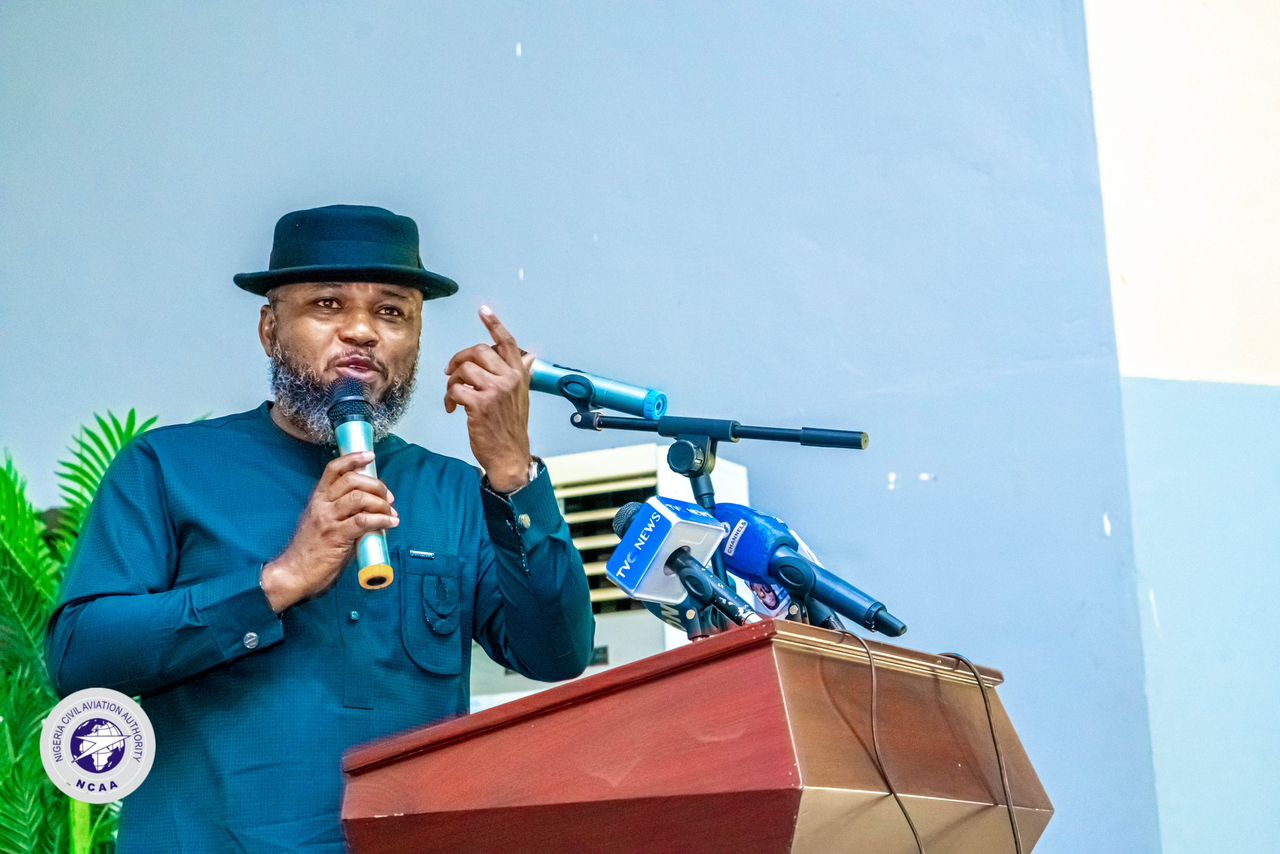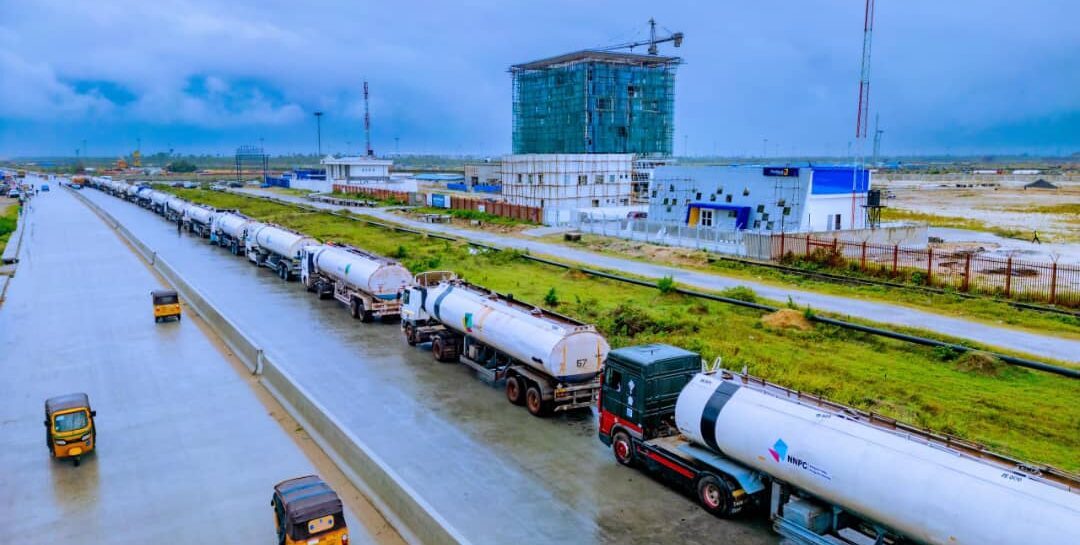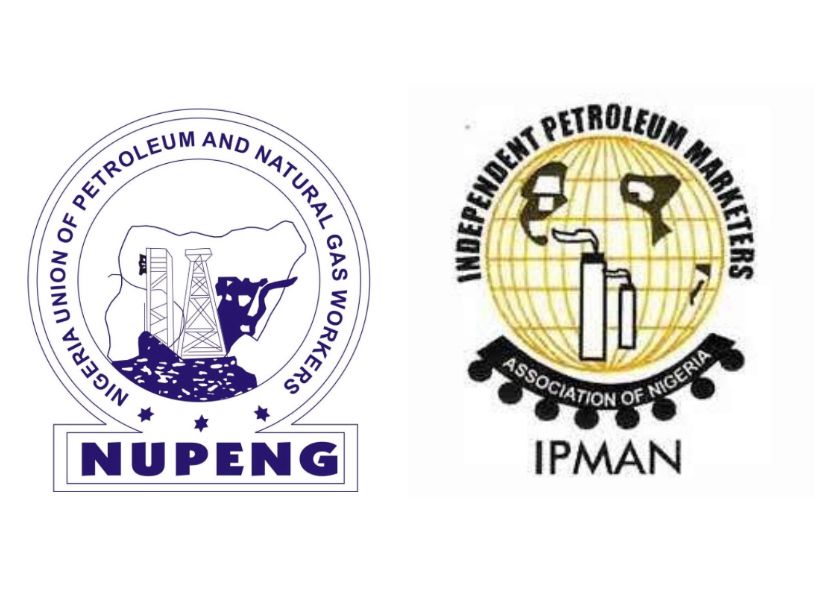•Says Nigeria deepening investments to expand capacity of small businesses
DejiElumoyein Abuja
Vice President KashimShettima has said Africa’s future economic success depends on its ability to integrate its informal sector into the formal intra-African trade framework, particularly through the African Continental Free Trade Area (AfCFTA).
According to him, the promise of a better future for Africa does not depend on the skyscrapers being constructed in capitals of nations or the transactions in stock exchanges but lies in the reality that the “potential of the informal sector, which accounts for nearly 90 percent” of the continent’s workforce, must be harnessed.
Shettima, who stated this yesterday, while declaring open the 4th African Union Micro, Small and Medium Enterprises (MSMEs) Forum in Abuja, warned that if Africa fails to harness the potential in the informal sector for small businesses to grow, the continent would “keep going round the same cycle of despair.”
To achieve this, he demanded the integration of the informal economy into the fabric of formal intra-African trade, noting that this informed why small businesses have remained at the heart of policy formulation in Nigeria.
“There can be no African prosperity without a strong MSME ecosystem. This forum is a continental call to action. We owe it to ourselves, to our children, and to generations unborn, to integrate our informal economy into the framework of formal intra-African trade.
“I am confident that through our collaborative efforts, this forum will mark a turning point.
“We hope to see our shared aspirations translated into concrete actions that empower our MSMEs and propel Africa towards a brighter, more sustainable future,” the Vice President told delegates and other participants at the forum.
Welcoming delegates and participants to the forum, Shettima conveyed President Bola Tinubu’s message of assurance, of Nigeria’s hospitality, and the nation’s readiness to join other countries on the continent in learning from one another, as well as the determination to agree on the direction taken to effectively compete with the rest of the world.
He underscored the crucial role MSMEs play in the development and growth of Africa, observing that beyond employing millions of Africans, “they are engines of inclusive growth and effective tools for poverty alleviation.
“In Nigeria alone, MSMEs contribute a staggering 48 per cent to our national GDP and employ over 84 per cent of our workforce. They are a mirror to our future, and they explain why we are deepening our investments to expand the capacity of this sector.”
Beyond building local infrastructure for entrepreneurial expansion, the Vice President implored African countries to entrench cross-border cooperation since their destinies are bound together as a continent.
He identified some of the obstacles confronting MSMEs in Africa to include limited access to affordable finance, describing this particular challenge as a recurring nightmare, just as he noted that with the African Continental Free Trade Area (AfCFTA), there is still hope.
According to him: “It costs our continent not just money—it costs us momentum. But we must find hope in the promise of the African Continental Free Trade Area (AfCFTA). This is why I am particularly excited about the theme of this forum—“Building Resilient MSMEs through Digital Innovation, Market Access & Affordable Financing for Africa.” The timing is perfect. The vision is clear.”
Shettima acknowledged what he termed a remarkable surge in digital adoption across Africa, saying technology was achieving what politics has to actualised over the years.
He noted, however, that for the momentum to be sustained, policymakers must live up to their duties by, “investing in robust digital infrastructure, bridging the digital literacy gap, and establishing regulatory frameworks that do not stifle innovation.”
Regretting the continued dependence of MSMEs on traditional financial institutions, the Vice President, however, expressed hope that change was unfolding, with fintech firms across Africa now using alternative data to assess creditworthiness and extend microloans to the previously excluded.
Earlier, the Deputy Chief of Staff to the President/Chairman of the Host Country Committee, Senator Ibrahim Hadejia, reiterated Nigeria’s commitment to a future where MSMEs are empowered to thrive.
He said: “It is our continental imperative and road map for unlocking the immense potential of our continent’s most vital engine—our MSMEs. An investment in our MSMEs is a direct investment in a prosperous, inclusive and self-reliant Africa”.
In setting the tone for discussions at the forum, the Special Adviser to the President on Job Creation and MSME, Mr. TemitolaAdekunle-Johnson, highlighted the significance of the forum, particularly in addressing challenges faced by budding entrepreneurs across the continent.
He underscored the need for stakeholders across the continent to collaborate and capitalise on the potential of Africa’s youthful and energetic population to transform the region’s economic landscape.
In his remarks, Director General of the Small and Medium Enterprises Development Agency (SMEDAN), Mr. Charles Odii, applauded the support and commitment of Vice President Shettima and Chairman of the National Council for MSME to the transformation and growth of the MSME sector in Nigeria, highlighting key initiatives supervised by his office since the inception of the current administration.
He emphasised the need for Nigerians to always patronisehome-grown products as part of the concerted efforts to support local manufacturers and MSMEs.
On his part, the Managing Director of the Bank of Industry, Dr. OlasupoOlusi, said interventions and targeted engagements through the bank have, over the years, helped in knowledge growth and adoption of digital tools by MSMEs, noting that the initiatives have impacted growth in the sector.
Also speaking, the Head of Cooperation at the Delegation of the European Union to Nigeria and ECOWAS, Mr. Massimo De Luca, stated that access to finance remains a pressing challenge for businesses in the region, especially MSMEs.
He disclosed that the European Union has committed about €1.1 billion in support of the African Union’s implementation of AfCFTA.
“Our EU initiative in support of the African Union in the implementation of the AfCFTA hovers around 1.1 billion euros. The African Continental Free Trade Area represents an unprecedented achievement towards realising Africa’s full economic potential and integration. The EU remains firmly committed to our partnership with Africa and ECOWAS for inclusive and sustainable industrial development across the continent,” he said.
Also, the United Nations Development Programme (UNDP) Resident Representative in Nigeria, Ms. Elsie Attafuah, emphasised the need for enabling ecosystems to help MSMEs move from resilience to scalable impact.
She said, “Across our continent, MSMEs are the builders of local prosperity. They employ, they innovate, and they adapt, but they cannot thrive on resilience alone. They need ecosystems that work for them, platforms to commercialise innovation, access to working capital and markets both domestic and continental that recognise their value.”
On his part, Permanent Representative of the African Union Sixth Region Global (AU6RG) to Nigeria and ECOWAS, Amb.AfolabiOke, announced the appointment of Adekunle-Johnson, Special Adviser to the Nigerian President on Job Creation and MSMEs, as the Special Adviser to the AU 6th Region on Job Creation and MSME Development.
“The African Union Sixth Region Global is dedicated to representing and advocating for the African diaspora worldwide. As an extension of the African Union, we serve as the ‘Sixth Region,’ uniting people of African descent living outside the African continent and Friends of Africa,” Oke said.
On Nigeria’s export and industrialisation, the Managing Director of the Nigerian Export-Import Bank (NEXIM), Mr. Abubakar Abba Bello, reiterated the bank’s commitment to MSME financing as a strategic pathway to value chain development and AfCFTA success.
“There’s a need for Africa to look inward to develop its value chain. We need to facilitate the success of the AfCFTA, and this is dependent on boosting production,” he said.




